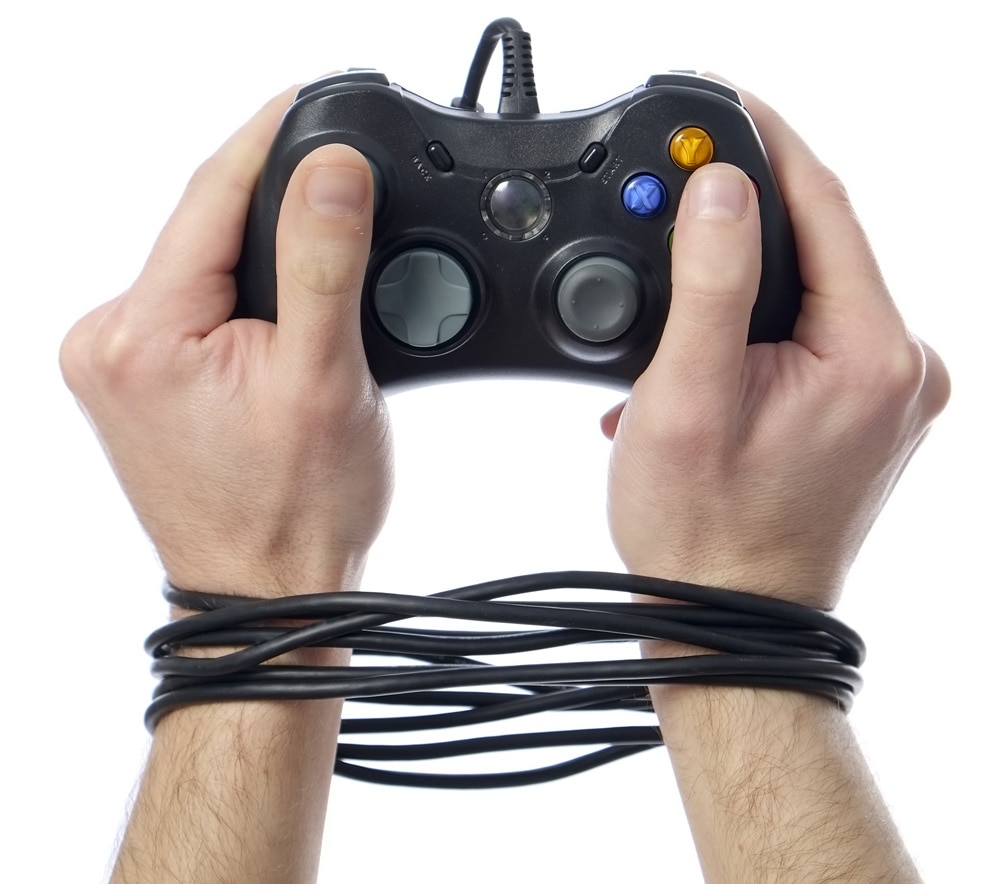
People disagree about what are addictive behaviors. If a behavior meets the definition of addiction (compulsion, loss of control, continued behavior despite harmful consequences), then the behavior is a behavioral addiction.
Some people engage in one or more addictive behaviors. Various addictive behaviors include:
• Excessive shopping/spending
• Overeating (including compulsive sugar consumption)
• Gambling
• Compulsive and harmful sexual behaviors
• Excessive Internet use, smart phone use, video game use, (Compulsive “teching”)
• Excessive exercise
• Excessive work
• Compulsive engagement in harmful relationships at all costs (love addiction).
While addictive behaviors may give temporary relief, they don’t offer true happiness and fulfillment. Instead, they draw you into a way of doing that enslaves you. Addictive behaviors sap your vitality and creativity.
True recovery entails a fundamental transformation of your way of being, seeing, and doing. The outward “doing” of addictive behaviors springs from an inner compulsive “being.” I am not referring to the disease of obsessive-compulsive disorder, with its pathological and irrational obsessions and compulsions. I am referring to harmful, compulsive habits you engage in at the cost of your freedom. Addictive behaviors prevent you from acting according to what is best. You lose your creativity and flexibility to adapt to ever-changing circumstances and demands. For example, you may stay late at work when you have plans to meet a friend for dinner, neglecting both of your needs for friendship. A loved one may ask you to go for a walk. You decline because you must keep to your workout schedule at all costs. You are blind to the possibility that your loved one may need you.
Addiction shuts you off from the connection, love, and support that would sustain you were it not for your addictive brain. You think losing yourself in your addiction is your only path to peace. Nothing is further from the truth. To fall prey to addictive obsessions while sacrificing connection, communion, and love only drives you deeper into alienation. You become enslaved, clinging to whatever gives temporary relief. You cannot do what is best.
Your default mode is to addict to control your inner emotional world. As Russell Brand said, “The priority of any addict is to anaesthetize the pain of living to ease the passage of day with some purchased relief.”
Addictive behaviors do not work. Switching addictions is like switching seats on the Titanic. You will not realize the full benefits of recovery if you are enslaved by addiction.
Addictive behaviors arise from a sense of pain, inadequacy, lack, loneliness, or threat. This can manifest as greed, a lust for power, anger, anxiety, or fear. When addicting, your diseased ego uses you, rather than you intelligently using your ego. It becomes all about you; you become self-centered and destructive. Gone is the happiness you obtained by letting go of compulsions and doing the next right thing regardless of your urges.
Most addictive behaviors entail activities we must engage in to live, such as eating. Recovery involves learning to engage in these behaviors non-addictively. This requires a daily practice of mindfulness of motivation. Ask yourself, “Am I engaging in this behavior compulsively to fill a void, or to care for and sustain my vitality so that I can continue to nurture and savor life?” When you engage in the behavior, such as eating, be very mindful as you are eating. Keep your motivation clear and pure as best you can. If your motivation is correct, you will stop eating either before or when you are full. You will eat to nourish yourself rather than to soothe yourself. If you note that you need soothing, soothe yourself non-addictively.
Renounce acting out of a drive to compulsively fill a void or ease a pain at a cost to your well-being. Commit to managing pain with love rather than by addicting.
Image from: https://www.psychotherapyofatlanta.com/specialties/chemical-addiction-addictive-behaviors/
